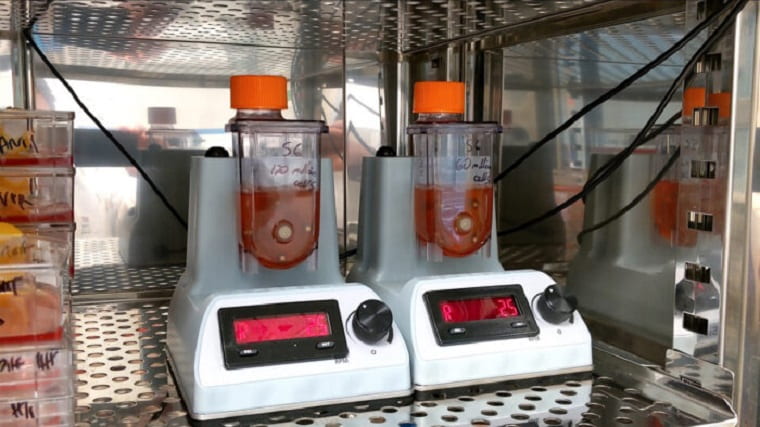Diabetes researchers at Washington University School of Medicine in St. Louis have uncovered at least one reason insulin-secreting cells made from stem cells in the lab don’t work as well as natural cells. The discovery could help speed progress toward making insulin-secreting cells — called islet beta cells — more effective in the treatment of insulin-dependent Type 1 diabetes.
Since scientists first discovered they could sample skin cells or fat cells from people, convert those cells into stem cells and then guide the stem cells to develop into insulin-secreting beta cells, researchers have been attempting to hone the process. The researchers say the new findings, published May 15 in the journal Nature Cell Biology, may help pave the way for producing more efficient and effective beta cells to treat people with insulin-dependent diabetes.
“We have learned several things that could have immediate therapeutic potential for people with diabetes,” said senior investigator Jeffrey R. Millman, PhD, an associate professor of medicine and of biomedical engineering. “Our findings demonstrate that current methods for generating stem cell-derived beta cells may not be as useful as we would like in treating diabetes.”
